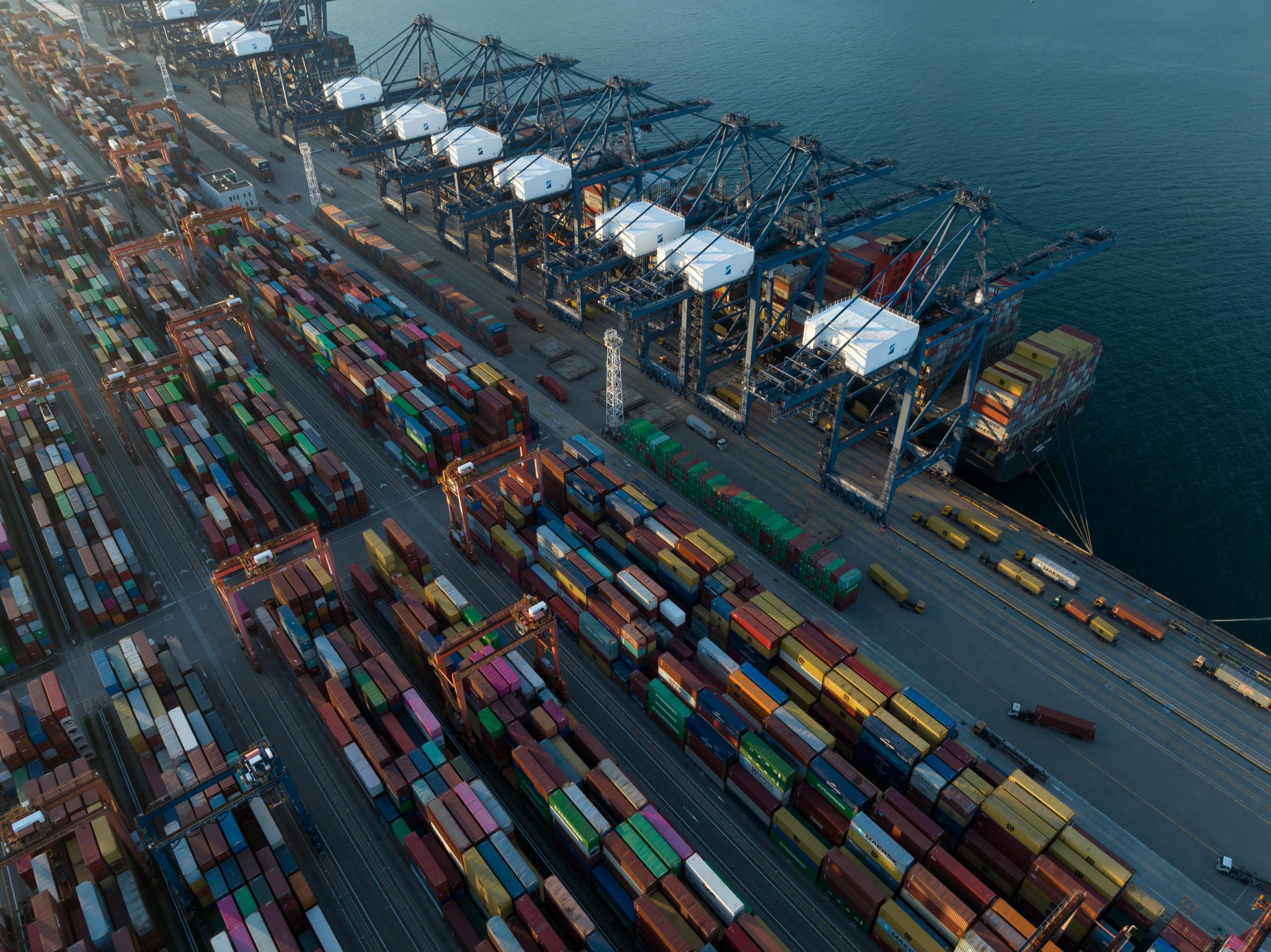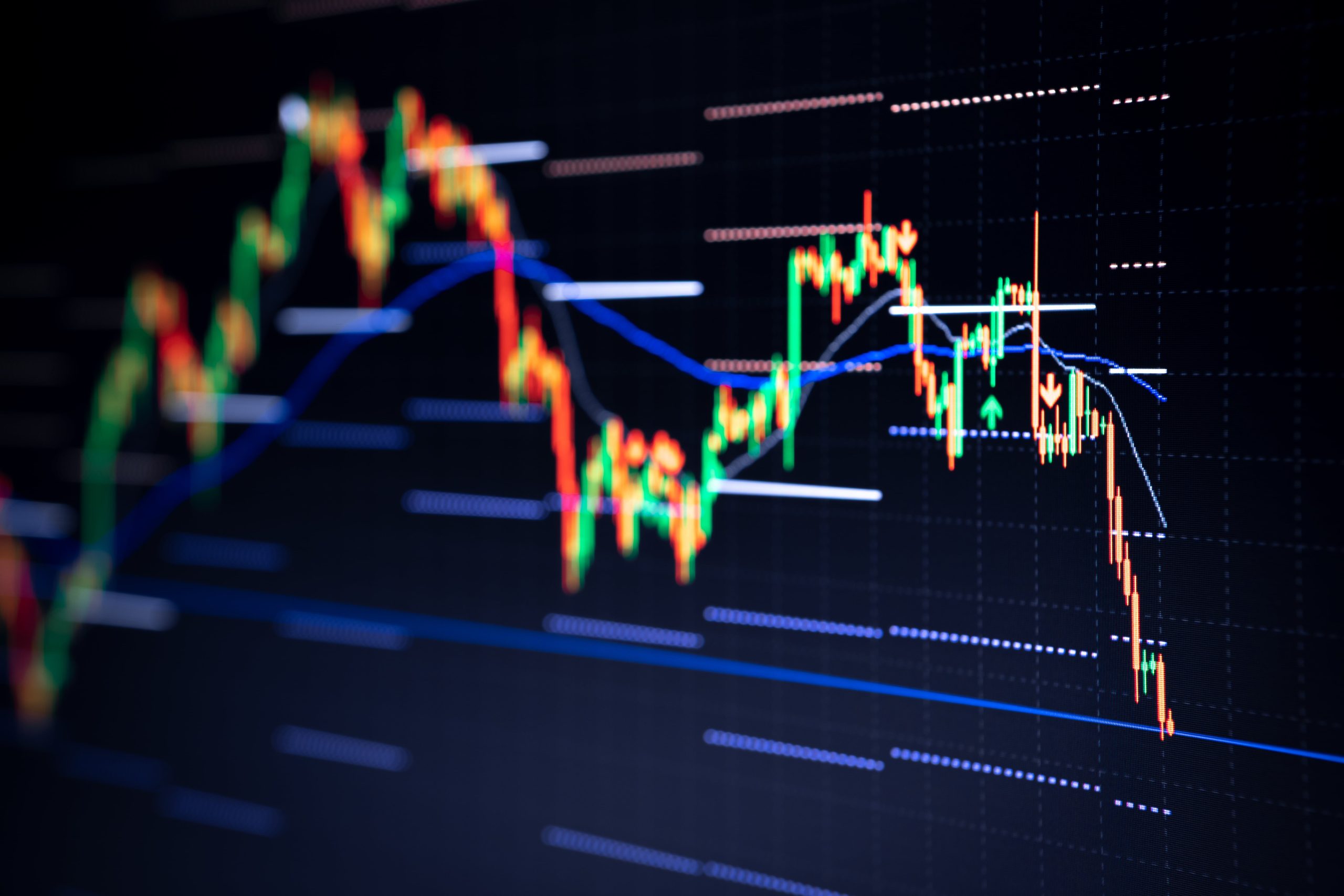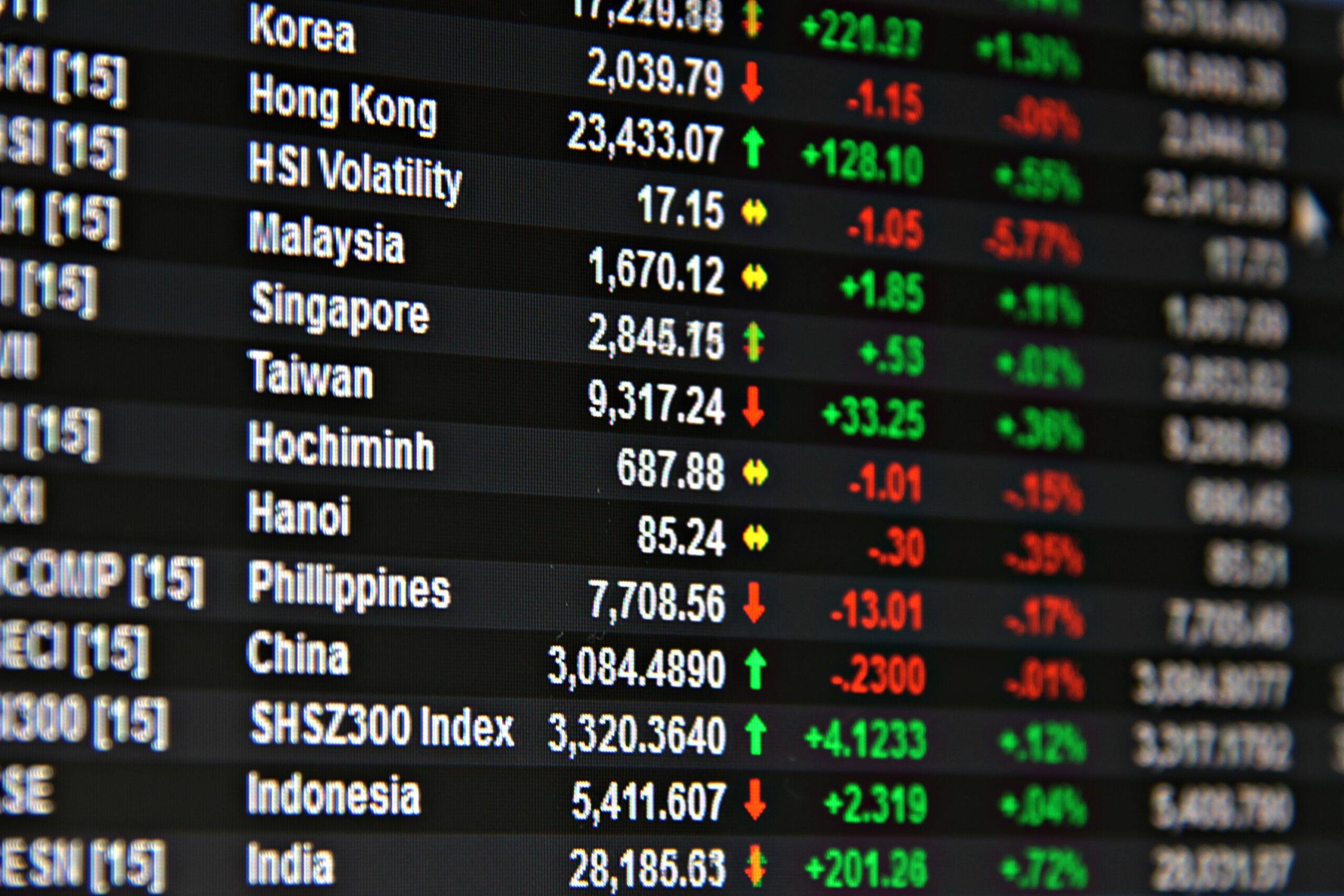The Mark Cohen Warning
Retail is bleeding. Mark Cohen, the former CEO of Sears Canada, did not mince words during his recent industry appearance. He described the current trade environment as COVID redux. His skepticism is rooted in a simple reality that most CEOs are too afraid to voice publicly. The supply chain is not just strained. It is being intentionally dismantled by policy. While the broad market looks at top-line revenue, Cohen is looking at the structural decay of margins that cannot be recovered through simple price hikes.
The numbers from the 48 hours prior to this October 21 report are staggering. Retail sales for October remained virtually flat at 0.1 percent growth. This is a massive miss compared to the aggressive holiday forecasts released just last month. Consumers are finally hitting a wall. High-income households are still spending, but the middle class has pivoted to pure survival mode. They are trading down to value-oriented retailers like Walmart and Costco, leaving mid-tier department stores in a liquidity trap. Mark Cohen noted in a recent Robin Report roundtable that the current disruption is an unwarranted and possibly illegal assault on the orderly planning of the 8 trillion dollar retail industry.
The 1.2 Trillion Dollar Hole
Follow the money. It does not lead to growth. According to a new Market Intelligence Report from S&P Global, the combined cost of the latest tariff waves will exceed 1.2 trillion dollars this year alone. This is not a hypothetical projection. It is a realized expense hitting balance sheets right now. Retailers are currently paying 100 percent levies on patented pharmaceutical products and 25 percent on heavy-duty trucks. On October 14, the tax on softwood timber hit 10 percent, while upholstered furniture jumped to 25 percent.
There is a specific technical mechanism at play here called the Margin Compounder. When a 25 percent tariff is applied at the port, it does not result in a 25 percent price increase at the register. It compounds. By the time you factor in the cost of capital to carry that duty, the increased insurance premiums for high-value inventory, and the percentage-based margins for distributors, the consumer sees a 40 to 50 percent spike. This is why building materials sales plummeted 0.9 percent this month. The math simply no longer works for the average American homeowner.
The Inventory Trap
Retailers are currently caught in a deadly cycle of front-loading. To avoid the massive 50 percent levies scheduled for January, big-box stores have flooded their warehouses with kitchen cabinets and bathroom vanities this month. This has created a false sense of activity in the shipping sector. The Baltic Dry Index remained flat at 2,069 points yesterday. While this looks stable, it masks a 4.7 percent month-on-month decline. The surge we saw in Q3 was not due to organic demand. It was a desperate hedge against policy changes.
Now, these companies are sitting on record-high inventory levels. They have drained their cash reserves to buy goods they might not be able to sell. If the consumer continues to pull back, as indicated by the flat October retail report from the Census Bureau, we will see a wave of distressed liquidations by mid-winter. The cost of storage is rising. Interest rates are not falling fast enough to offset the debt service on this unsold stock. This is the catch that the mainstream financial press is ignoring. High inventory is usually a sign of optimism. In late 2025, it is a sign of panic.
The Costco Rebellion
Silence is no longer an option for everyone. Costco has taken the unprecedented step of suing the federal government to challenge the legality of these tariffs. This is a high-stakes gamble. Most CEOs are terrified of retribution. They fear being targeted by name on social media or facing targeted audits. However, Costco’s business model relies on razor-thin margins and high volume. They cannot absorb a 25 percent hit to their cost of goods without destroying their value proposition.
This legal battle is the first crack in the corporate wall of silence. Mark Cohen argued that more leaders must find their backbone. He suggested that holding shipments back might be the only viable hedge left for smaller players who lack the legal budget of a warehouse giant. The strategy is no longer about growth. It is about survival through the end of the fiscal year. We are seeing a bifurcation in the market. There are companies that have the liquidity to fight and companies that are simply waiting for the inevitable margin collapse.
The Next Milestone
Watch the January 1 deadline closely. This is when the 25 percent levy on kitchen cabinets and vanities is scheduled to double to 50 percent. If the current consumer spending stagnation holds through November, the retail sector will enter 2026 with the highest debt-to-inventory ratio in a decade. The specific data point to track over the next 60 days is the ratio of non-store retail growth versus traditional brick-and-mortar sales. If the current 9 percent gap continues to widen, expect a massive wave of store closures as the physical overhead of retail becomes mathematically impossible to sustain under the new tariff regime.



